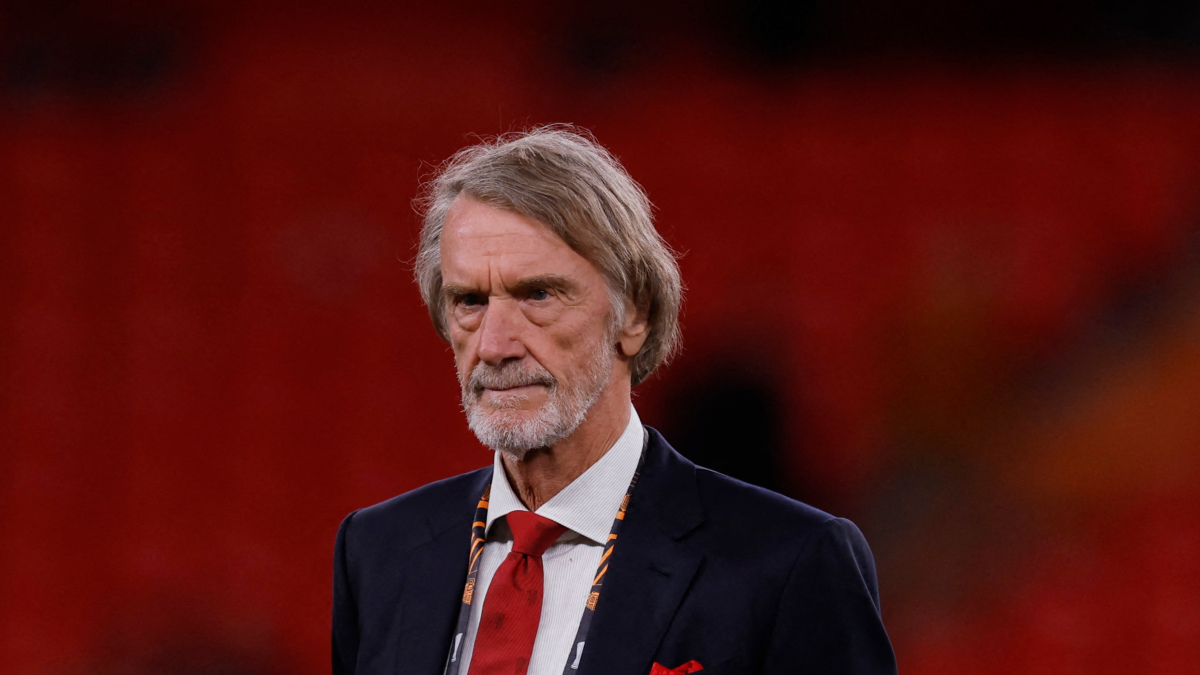“Passthrough fees” are charges that require investors to cover almost all of a hedge fund’s expenses, from rent and travel to million-dollar pay packages
Hedge fund investors across the United States are growing increasingly frustrated with the billions of dollars they say are being siphoned off through opaque charges. Their anger is now showing in the one way that matters most to fund managers: by walking away.
Large investors, including Texas’ $200 billion Teacher Retirement System, New Mexico’s $17 billion pension plan, and multifamily office Erlen Capital Management, are rejecting funds that impose what they describe as punishing costs on clients.
At the centre of the row are so-called “passthrough fees”. These are charges that require investors to cover almost all of a hedge fund’s expenses, from rent and travel to million-dollar pay packages. These come on top of the traditional 20 per cent cut of profits, and often even an additional 2 per cent management fee.
‘If you’re taking more than half…’
Passthrough fees are most common in multistrategy hedge funds, or “pod shops”, which have multiplied over the past decade. But investors are now scrutinising the model more closely, especially as returns have faltered.
New Mexico’s public pension has set a rule: if passthrough charges leave it with less than 60 per cent of profits, it will refuse to invest. “If you’re taking more than half of the profits, we won’t even talk to you,” Bloomberg quoted Michael Shackelford, chief investment officer for the Public Employees Retirement Association of New Mexico, as saying. Texas Teachers has not imposed a strict threshold but wants to keep at least 70 per cent of returns, according to its head of hedge funds, Lulu Llano.
Prominent firms that levy passthrough fees include Millennium Management, Citadel, Point72 Asset Management, Balyasny Asset Management and ExodusPoint Capital Management.
Erlen Capital has gone further at times, pulling all or part of its cash from funds where “the investor share eroded below our comfort zone and there was no offsetting improvement in diversification or downside protection,” said managing partner Bruno Schneller. The firm generally expects to “retain at least 65–70 per cent of gross returns over a multiyear horizon” and treats anything below 65 per cent as a “red flag”. “Below 60 per cent, we almost always pass,” Schneller added.
Growing pushback
The resistance has been building for more than a year. In 2023, Texas Teachers spearheaded an open letter, now signed by more than 60 investors including New Mexico, urging hedge funds to waive performance fees unless they beat three-month Treasury bills. By mid-2024, almost three-quarters of Texas Teachers’ 31 hedge fund managers had agreed to such “cash hurdles”, up from just a third a year earlier.
The backlash comes as performance has slowed. Citadel and Millennium posted returns of only 2.5 per cent and 2.2 per cent respectively in the first half of this year, after fees. According to BNP Paribas, in 2023 investors in multistrategy funds kept just 41 cents of every dollar earned, down sharply from 54 cents in 2021.
Funds argue that their model is inherently expensive but necessary to support hundreds of trading teams, advanced infrastructure and highly paid staff. Investors, however, say they are no longer willing to accept shrinking net returns.
‘A fiduciary necessity’
As of March, New Mexico’s pension had about $1 billion — 5.64% of its portfolio — in hedge funds, while Texas Teachers had $21 billion, or 10.3%. Both are significant backers of multistrategy giants. Yet officials insist they will apply tougher thresholds to new commitments and use more rigorous fee analysis in vetting managers.
For Erlen, the rising opacity of fee structures has led to greater caution. “This isn’t about being anti-fee,” Schneller said. “In this climate, fee discipline isn’t a luxury — it’s a fiduciary necessity.”
End of Article

)

)